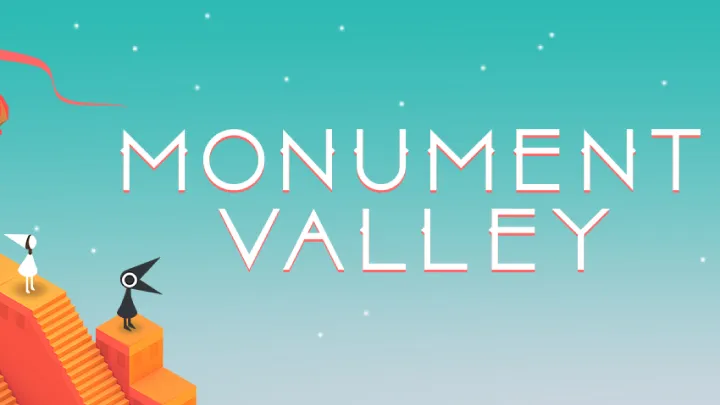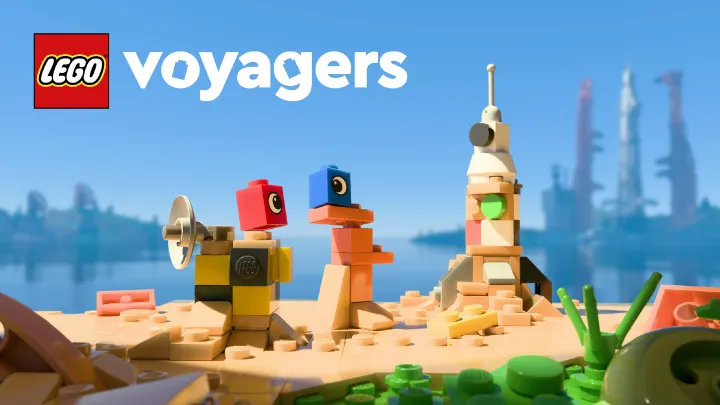Note-taking has always been one of the most essential skills for both students and professionals. In the past, pen and paper dominated classrooms and boardrooms, but in 2025, digital note-taking has become the gold standard. With advances in artificial intelligence, cloud storage, and collaboration tools, today’s note-taking apps are no longer just digital notebooks—they’re productivity ecosystems.
For students, note-taking apps help streamline learning by organizing lectures, integrating with study tools, and enabling multimedia-rich notes. For professionals, these apps offer seamless meeting documentation, project management, and team collaboration. This article highlights the top 10 note-taking apps in 2025 that stand out for their features, usability, and ability to enhance productivity.
1. Evernote Next
Evernote has been around for years, but in 2025, Evernote Next is more powerful than ever. Its redesigned AI assistant automatically summarizes long documents, creates task lists from meeting notes, and even generates study flashcards for students.
For professionals, Evernote Next integrates directly with tools like Slack, Zoom, and Microsoft Teams, making it easy to convert meeting conversations into organized notes. Students, on the other hand, appreciate the app’s ability to extract key points from lecture recordings in seconds.
Standout Features
- AI-generated summaries
- Cross-platform syncing and collaboration
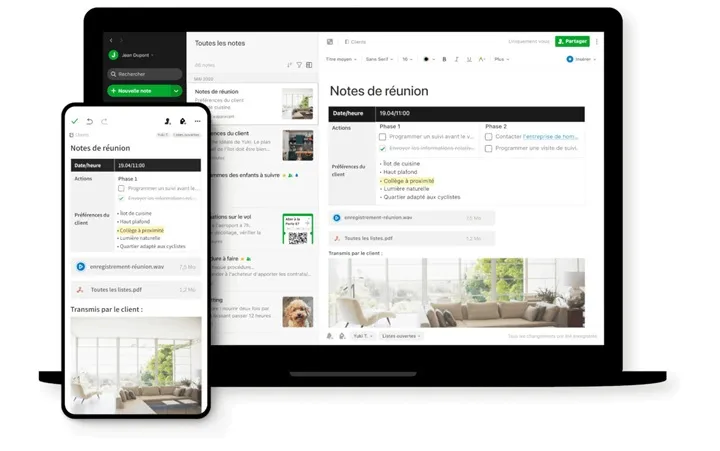
2. Microsoft OneNote 2025
Microsoft OneNote has continued to dominate academic and professional settings. The 2025 version is deeply integrated with Microsoft 365 Copilot AI, allowing users to dictate notes, brainstorm ideas, and collaborate in real time.
Students benefit from its structured notebooks, which mimic traditional binders but with unlimited flexibility. Professionals love its integration with Outlook and Teams, which ensures meeting notes and action items stay aligned with daily schedules.
Why It Stands Out
- Tight integration with Microsoft 365
- AI-driven dictation and brainstorming
3. Notion AI+
Notion’s flexibility has always been its strength, and in 2025, Notion AI+ takes it to the next level. Beyond simple note-taking, it has become an all-in-one workspace for knowledge management, projects, and collaboration.
Students use Notion AI+ to organize courses, assignments, and research with customizable templates. Professionals rely on it to manage projects, track workflows, and even generate reports with the help of AI-powered automation.
Best Uses
- Research organization for students
- Team project management for professionals
4. Obsidian Quantum
Obsidian has earned a reputation among power users who love knowledge linking. In 2025, Obsidian Quantum enhances this concept by using AI to suggest connections between notes, creating personal knowledge graphs automatically.
For students, this is a game-changer in research and exam preparation, as the app can link lecture notes with external references. Professionals in knowledge-heavy fields, such as consulting or law, use Obsidian to map out complex projects and strategies.
Key Highlights
- AI-driven knowledge graphs
- Local-first storage with cloud backup options
5. Apple Notes Pro
Apple’s native app has received a significant upgrade in 2025 with Apple Notes Pro. It now offers advanced handwriting recognition, smart categorization, and deep integration with iCloud and Apple devices.
Students using iPads can enjoy seamless handwritten-to-text conversion, while professionals benefit from secure, encrypted storage for sensitive work notes. The collaboration feature, powered by SharePlay, allows multiple users to edit notes in real time.
Features to Love
- Handwriting-to-text on iPad
- End-to-end encryption for privacy
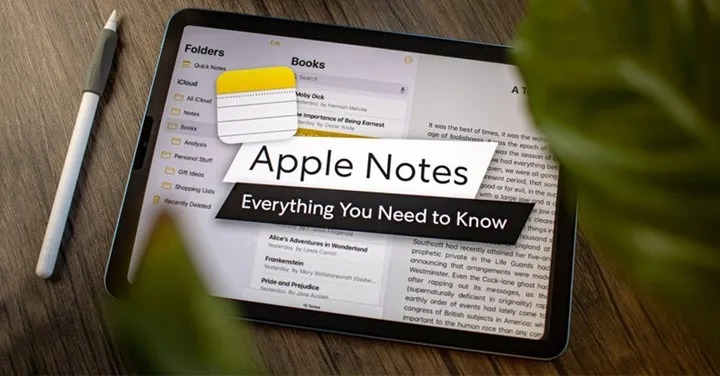
6. Google Keep AI
Google Keep has always been simple, but the 2025 edition adds AI-enhanced features that make it smarter without losing its lightweight appeal. With real-time syncing across devices, voice notes that automatically transcribe, and color-coded organization, it’s perfect for fast note-taking.
Students appreciate the speed and integration with Google Classroom and Docs. Professionals use it as a lightweight companion for brainstorming and task lists, often complementing heavier tools like Notion or Evernote.
Advantages
- AI transcription of voice notes
- Lightweight, fast, and intuitive
7. GoodNotes 6.5
GoodNotes, once favored mainly by students for handwritten notes, has expanded into the professional market in 2025. Its upgraded handwriting recognition is almost flawless, and its integration with cloud drives ensures that no note ever gets lost.
For students, it’s the ultimate lecture companion—especially on tablets with stylus support. Professionals appreciate GoodNotes for sketching diagrams, brainstorming with freehand drawings, and annotating PDFs.
Best For
- Tablet-based note-taking
- Visual learners and creative professionals
8. Coda Notes
Coda has become more popular as a hybrid tool for documents and note-taking. In 2025, Coda Notes offers powerful automation that connects notes with workflows, databases, and project boards.
Students use it for collaborative projects, blending notes with task management. Professionals rely on it for cross-departmental collaboration, where notes and action items flow seamlessly into larger workflows.
Unique Features
- Notes + project management hybrid
- Built-in automation for tasks
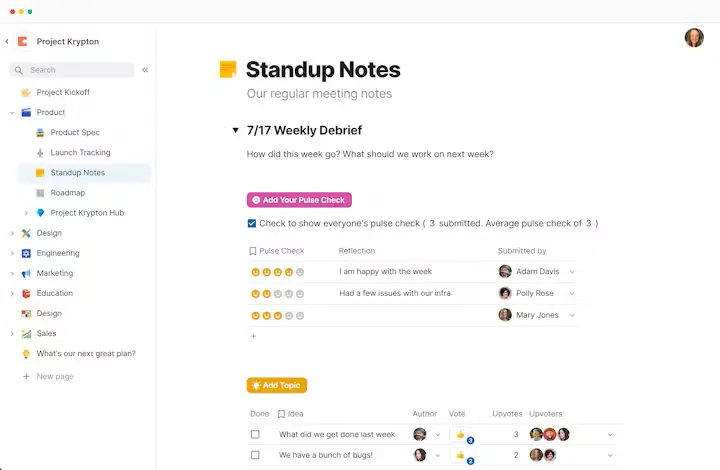
9. Joplin Secure
For privacy-conscious users, Joplin Secure is a standout in 2025. It emphasizes open-source flexibility and end-to-end encryption, ensuring that sensitive notes remain private.
Students working on confidential research projects trust Joplin for secure documentation. Professionals in industries such as law and healthcare use it to protect sensitive information while still benefiting from a modern, feature-rich note-taking platform.
Strengths
- Open-source and customizable
- End-to-end encryption for security
10. Roam Research Neo
Roam Research has redefined note-taking for deep thinkers and researchers. In 2025, Roam Research Neo adds advanced AI features that automatically organize thoughts, suggest connections, and even create study guides.
For students, Roam is particularly effective in managing long-term research and building understanding across courses. Professionals use it for brainstorming, strategy development, and knowledge retention, making it a favorite among writers, analysts, and academics.
Why It’s Valuable
- Networked thought system
- AI-generated study and research tools
Conclusion
The best note-taking app in 2025 depends largely on who you are and how you work. Students may gravitate toward apps like GoodNotes, Apple Notes Pro, or Notion AI+ for their flexibility in learning environments. Professionals, meanwhile, may find Evernote Next, Microsoft OneNote 2025, or LinkedIn Pro AI indispensable for managing their complex workflows.
What all of these apps share is a commitment to making note-taking smarter, faster, and more collaborative. With AI, cloud integration, and security features, note-taking apps in 2025 are no longer just about writing things down—they’re about enhancing productivity, creativity, and knowledge retention in ways that were unimaginable just a decade ago.









